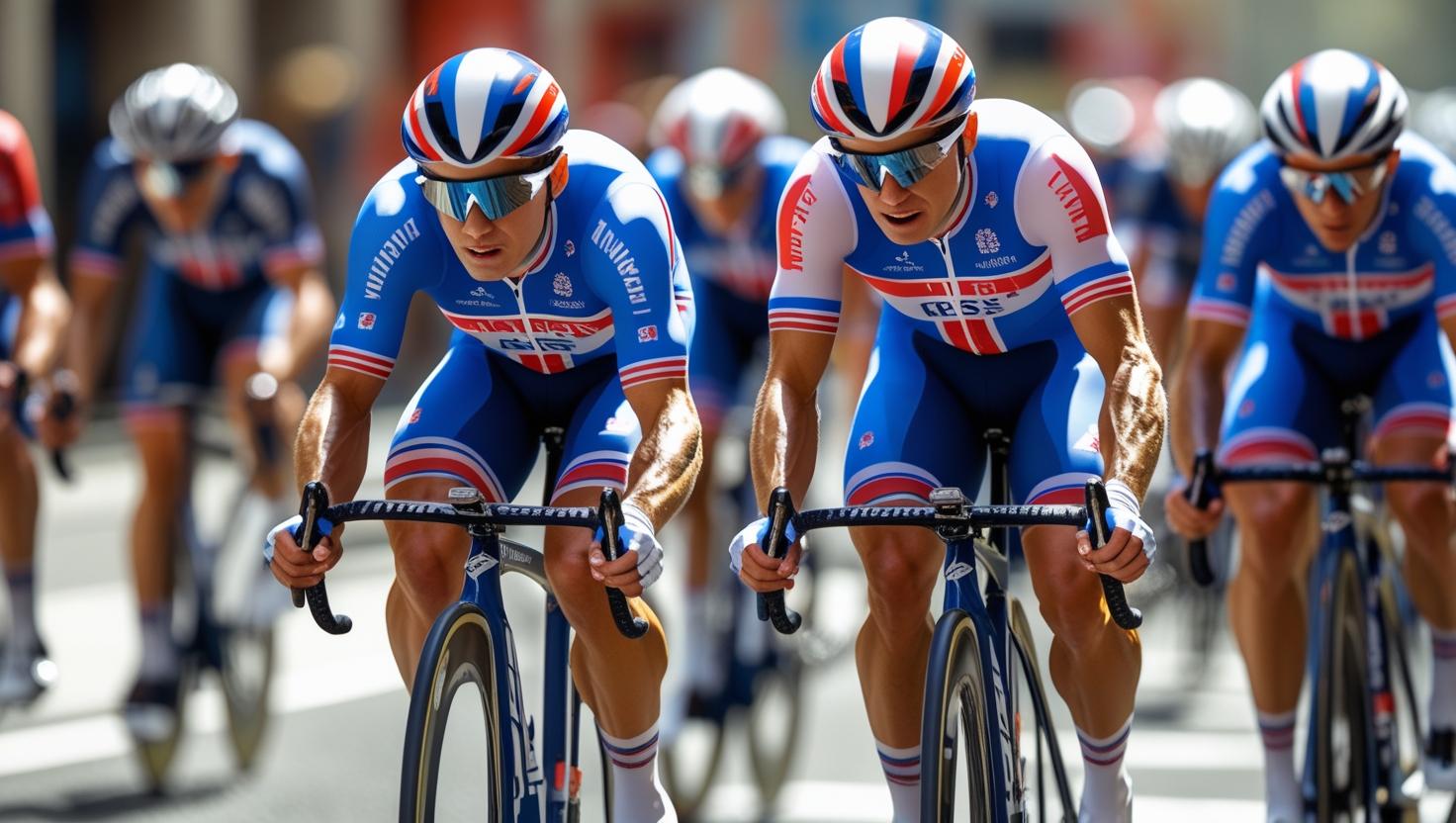 Back to Blogs
Back to Blogs

What the British Cycling Team Can Teach Us About Improving Revenue
By Adam Chickman May, 26 2025
In the early 2000s, British Cycling was a punchline.
They hadn’t won a Tour de France in over a century. Olympic medals were few and far between. Big wins? Nonexistent.
Then came performance director Sir Dave Brailsford with a radically simple approach: focus on improving everything by just 1%.
He called it the aggregation of marginal gains.
Under Brailsford, the team examined every detail that could affect performance—no matter how small. They upgraded seat ergonomics. Refined their diet. Hired sleep coaches. Painted the floors of their team trucks white so they could spot dust that might compromise bike mechanics. They even brought their own pillows and mattresses to hotels for better rest.
The results were staggering:
Within five years, British cyclists dominated the Olympics and Tour de France. Marginal gains turned into massive outcomes.
What Does This Have to Do with Revenue?
A lot, actually.
Most revenue teams are chasing the same thing: big improvements in performance.
But here’s the hard truth: there’s rarely a silver bullet. The real gains come from stacking small wins across every step of the customer journey.
Just like British Cycling, if you want to move the number, you have to know where to look—and look closely.
The Problem: Big Metrics Hide Big Opportunities
If you’re only tracking pipeline, win rate, or closed revenue, you’re operating in the dark.
These macro KPIs can tell you something’s wrong, but they won’t tell you what or where. That’s like measuring average speed without knowing when your bike chain slips.
Revenue is the outcome. If you want to improve it, you need to dissect the system.
The Fix: Break It Down to Build It Up
The path to closed-won doesn’t happen in two steps. It happens in many.
Here’s how it typically unfolds:
🚲 Lead to Opportunity:
-
Form Fill → Connected
-
Connected → MQL
-
MQL → Opportunity
🚲 Opportunity to Revenue:
-
Opportunity → Discovery Complete
-
Discovery → Demo
-
Demo → Proposal
-
Proposal → Closed Won
Each one of these steps represents a micro-lever. A 4% lift in one stage doesn’t move mountains. But a 4% lift in five stages? That’s a compound effect that does move the mountain.
Real-World Example: Finding the Friction
At a previous company, our pipeline was slipping. If we had only looked at pipeline volume as one big number, we’d have been stuck diagnosing blind.
But we were tracking across five distinct channels—and across each stage within those channels.
That led us to a critical insight: while Marketing leads were still coming in at a steady clip, the conversion from form fill to SDR connection had dropped significantly.
The leads were there. The problem was we weren’t getting in touch.
With that insight, we invested in Chili Piper to allow leads to book meetings directly on our site—no waiting, no SDR back-and-forth. That one fix brought our connection rate back up—and with it, our pipeline.
That win didn’t come from overhauling the funnel. It came from understanding it.
Micro-Wins Add Up: The Math of Compounding
When you improve multiple small stages by small amounts, the math starts to compound.
Example:
-
95% conversion x 96% x 94% = 86% funnel throughput
-
98% x 98% x 98% = 94% funnel throughput
That’s an 8-point swing—without touching the outcome stage at all.
The RevdUp View: Map It, Track It, Improve It
The first step to improving revenue isn’t improving—it’s measuring.
But you can’t measure what you haven’t mapped. And you can’t improve what you can’t see.
That’s why we built RevdUp.
With a revenue navigation platform like RevdUp, once you’ve mapped your process into meaningful micro-stages, we help you:
-
Track every stage in real time
-
See conversion breakdowns by channel, team, segment
-
Surface the specific steps where you’re leaking volume or value
-
Detect what’s working—and scale it
You don’t need to overhaul your funnel.
You need to understand it. And then improve it—one step at a time.
Final Word: Stack the Wins
Olympic cyclists don’t win by riding harder. They win by improving everything—a little.
And the same is true for revenue teams.
-
Break down your process.
-
Get specific.
-
Improve one step this month. Then the next.
Because the path to exponential revenue isn’t paved with big swings.
It’s built on small, repeatable wins—stacked, step by step.

